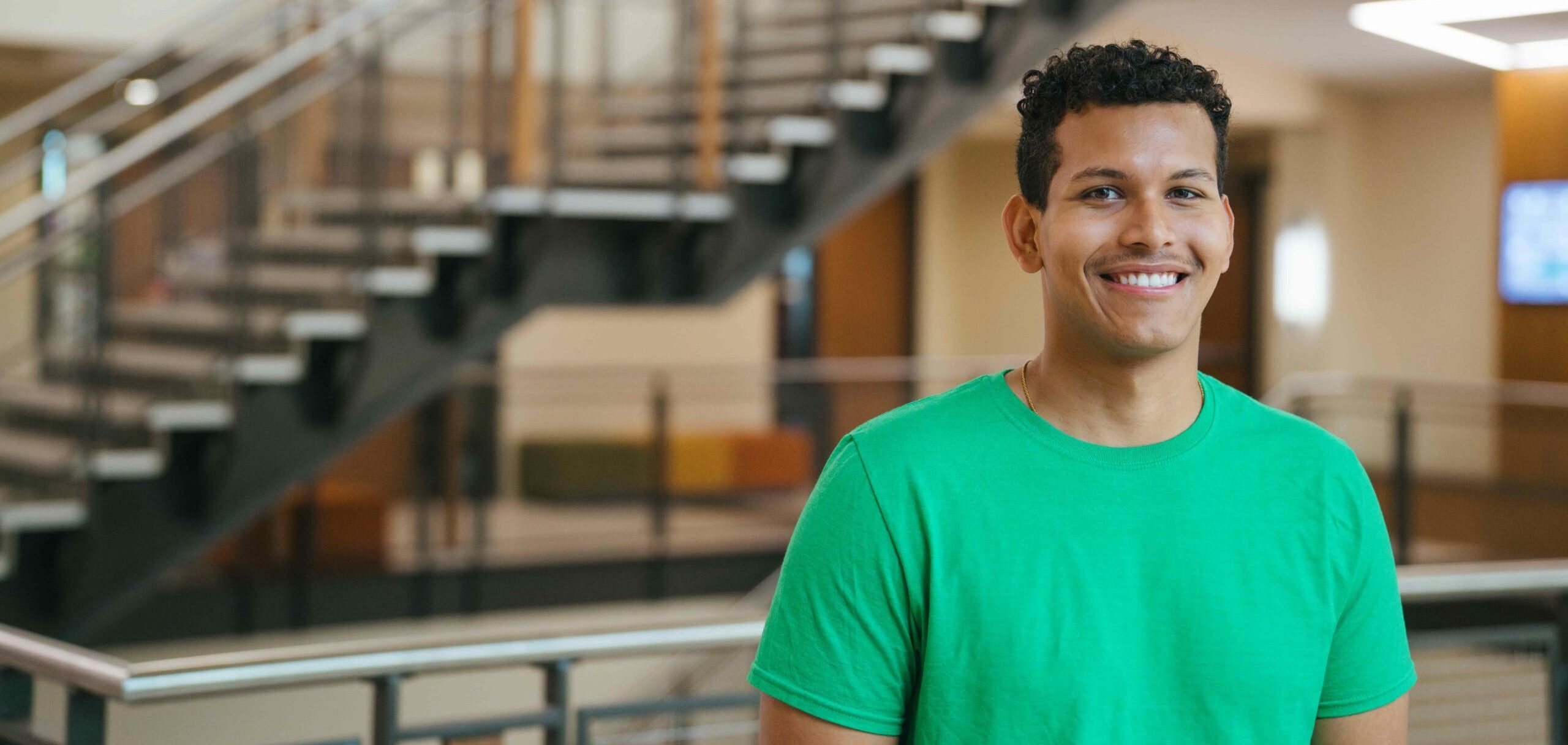Common Search Terms:

College of Engineering & Computer Sciences
Engineering & Computer Sciences

The College of Engineering and Computer Sciences is a recognized leader in practice-oriented teaching and applied research. The program is committed to serving the lifelong educational needs of students, new graduates, working professionals, and employees. The mission? To build on combined traditions of student-focused education, entrepreneurship, and funded research and service emphasis. We provide students like you an adaptable education, with the latest methods, by top-notch educators with real-world experience.
Engineering & Computer Sciences News





